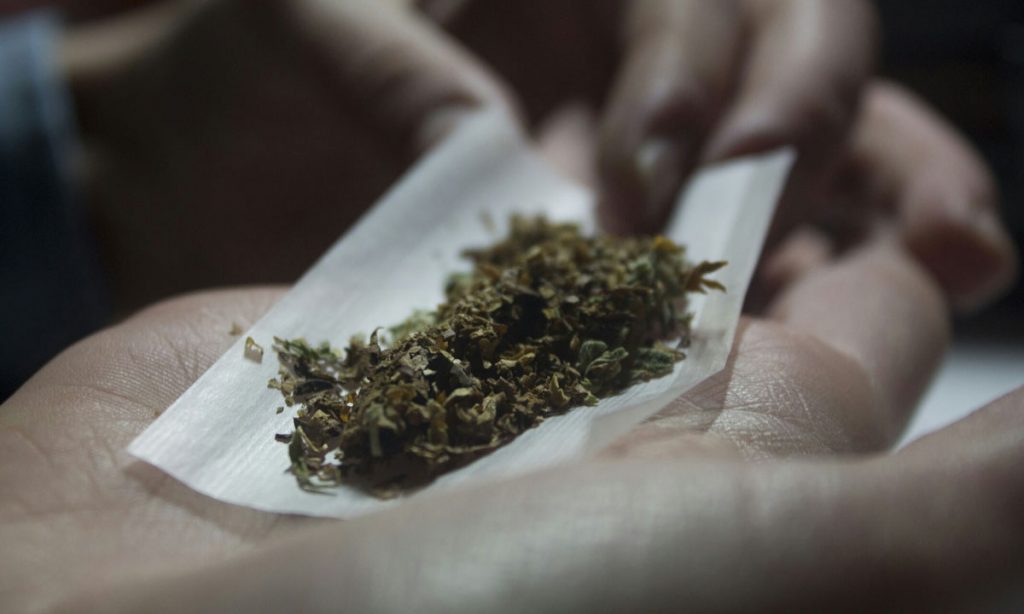After wading through a raft of comments from municipal leaders, established industry players and advocates, marijuana regulators on Tuesday ironed out the final wrinkles of their plan to establish a structure for home delivery of marijuana and create new business opportunities -- and rejected a proposal to delay delivery until 2023.
Home delivery of marijuana has long been allowed under the state’s medical marijuana program, and advocates pushed for a delivery-only license in the recreational market, arguing that it will help level the playing field between large corporations and small businesses because the barriers to entry for delivery are typically far less burdensome than those for retail licenses.
The Cannabis Control Commission has been thinking about a delivery framework for almost three years and will launch delivery with a period of exclusivity for participants in the CCC’s Social Equity Program and certified economic empowerment applicants.
“Consumers want delivery, we wanted delivery for a long time, and equity and economic empowerment businesses are ready to be a significant part of this market,” Commissioner Shaleen Title said. She added, “We as a commission have taken it very seriously since day one ... to live up to this mandate to include disproportionately harmed people in the industry and today was another significant step towards that. I’m really looking forward to it becoming reality sometime next year.”
The CCC met Tuesday morning to consider feedback and hold a final discussion about its draft delivery policy, which would create two delivery license types: a “wholesale delivery license” that could buy products wholesale from growers and manufacturers and sell them to their own customers, and a “limited delivery license” that would allow an operator to charge a fee to make deliveries from CCC-licensed retailers and dispensaries.




